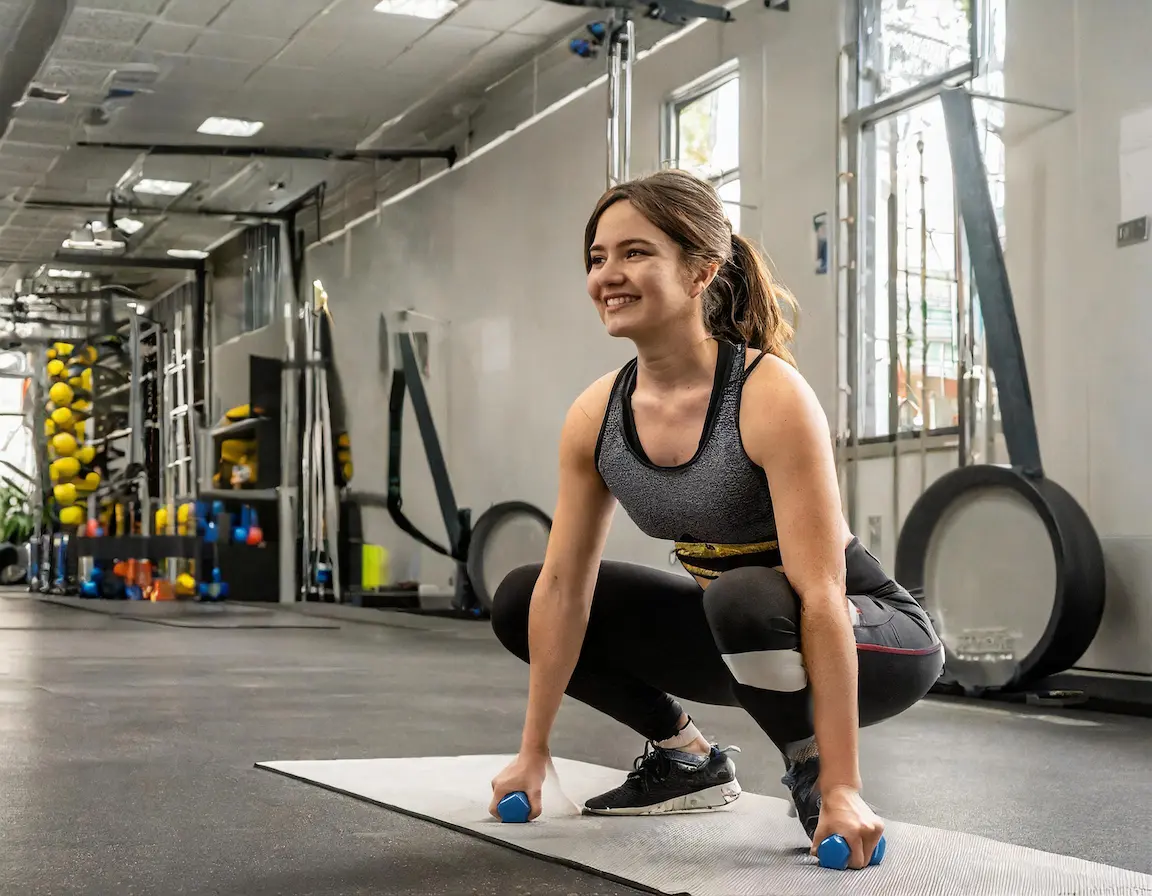
Exercise for Stress Relief
Feeling overwhelmed? You’re not alone. Stress is a common part of life, but it can take a toll on our mental and physical health. The good news is, there’s a natural remedy that can significantly reduce stress and boost your mood.
How Exercise Combats Stress
Exercise works its magic on stress in several ways. Here’s the science behind it:
- Endorphin Release: Physical activity triggers the release of endorphins, often referred to as “feel-good” chemicals. Endorphins have mood-lifting and pain-relieving properties, leaving you feeling more positive and relaxed after a workout.
- Stress Hormone Reduction: Exercise helps lower stress hormones like cortisol and adrenaline. Chronically high levels of these hormones can wreak havoc on your body, contributing to anxiety, weight gain, and sleep problems.
- Mind-Body Connection: Exercise provides a welcome distraction from daily worries. Focusing on your body’s movements during a workout allows you to temporarily disconnect from stressful thoughts and anxieties.
Finding Your Exercise Fit
The beauty of exercise for stress relief is that it doesn’t require extreme athleticism. Even moderate physical activity can make a big difference. The key is to find activities you enjoy and can realistically incorporate into your routine. Here are some ideas to get you started:
- Aerobic Activities: Brisk walking, running, swimming, dancing, biking – anything that gets your heart rate up qualifies. Aim for at least 150 minutes of moderate-intensity exercise per week.
- Mind-Body Exercises: Yoga, Tai Chi, and Pilates combine physical postures with controlled breathing and meditation. These practices can be particularly effective for promoting relaxation and stress reduction.
- Strength Training: Building muscle not only improves your physical health but can also boost your mood and self-confidence. Bodyweight exercises, free weights, or weight machines can all be part of a strength-training routine.
- Activities You Enjoy: Maybe it’s team sports, hiking, gardening, or dancing in your living room. Choose activities you find fun and engaging, making exercise a positive experience you look forward to.
Get Moving, Feel Better
Remember, consistency is key. Even short bursts of exercise can be beneficial. Start with manageable goals and gradually increase the duration and intensity of your workouts as your fitness level improves.
By incorporating exercise into your routine, you’ll not only be strengthening your body but also improving your mental well-being. So lace up your shoes, put on your favorite music, and get moving towards a stress-free and happier you!
